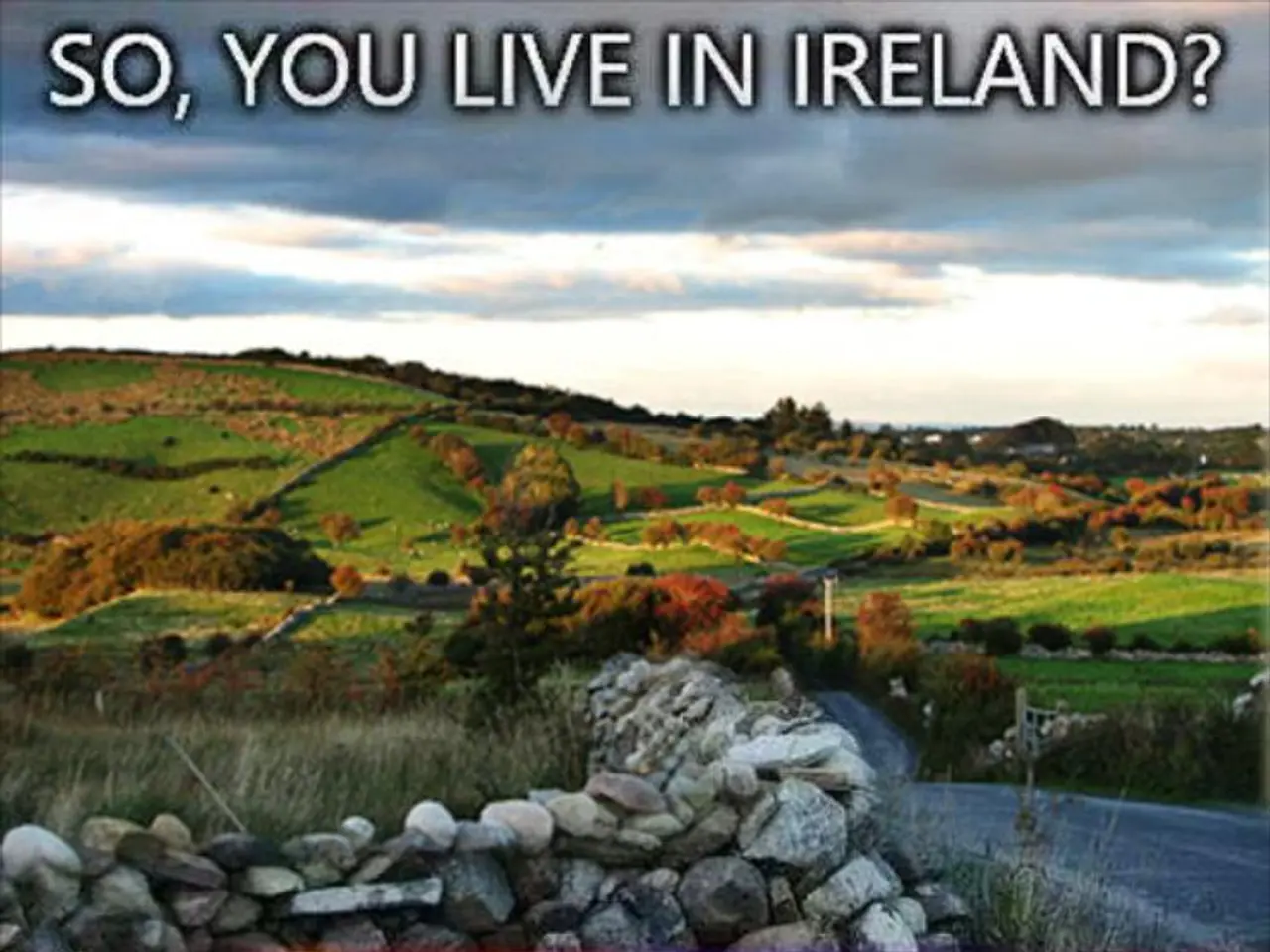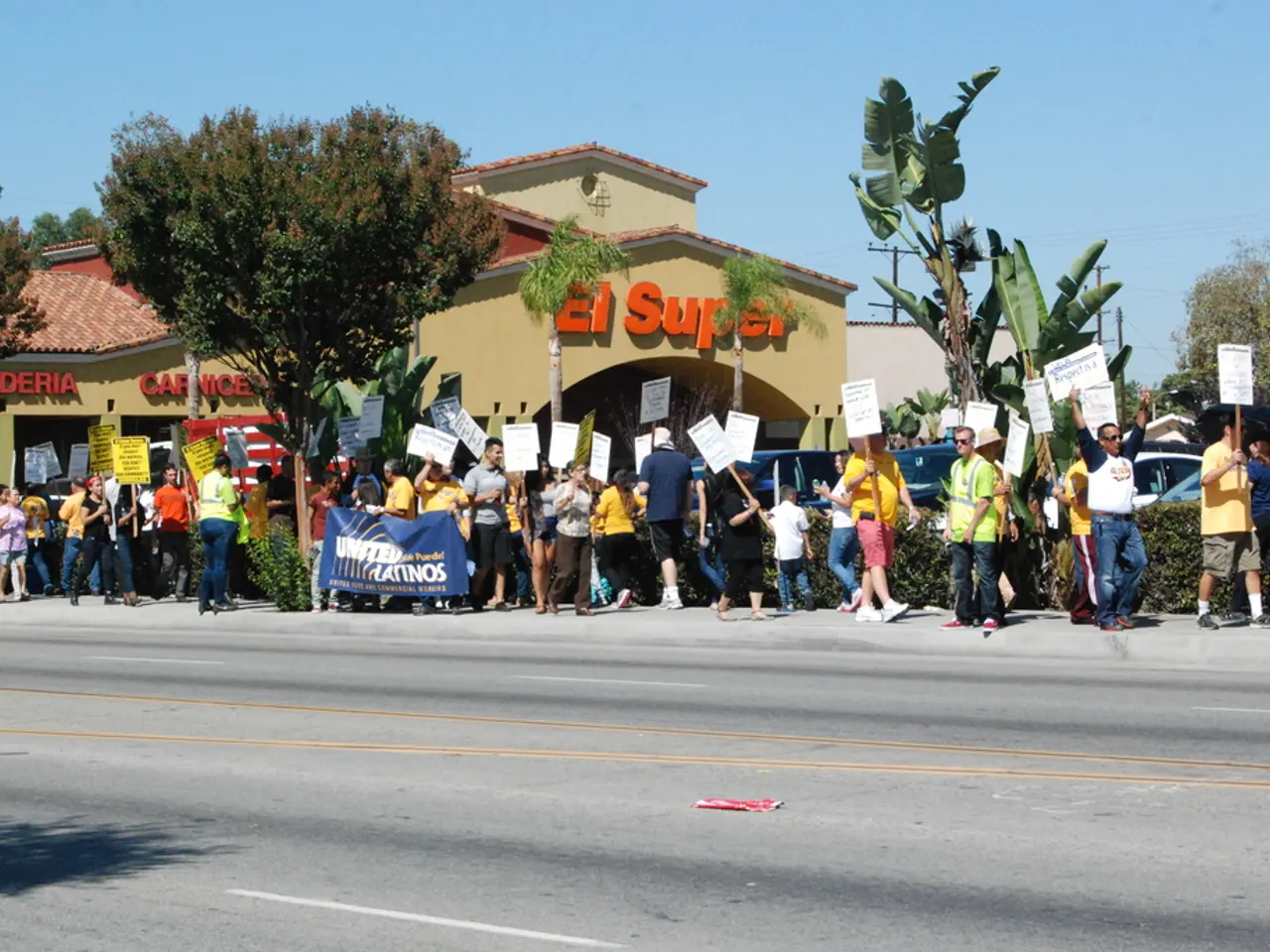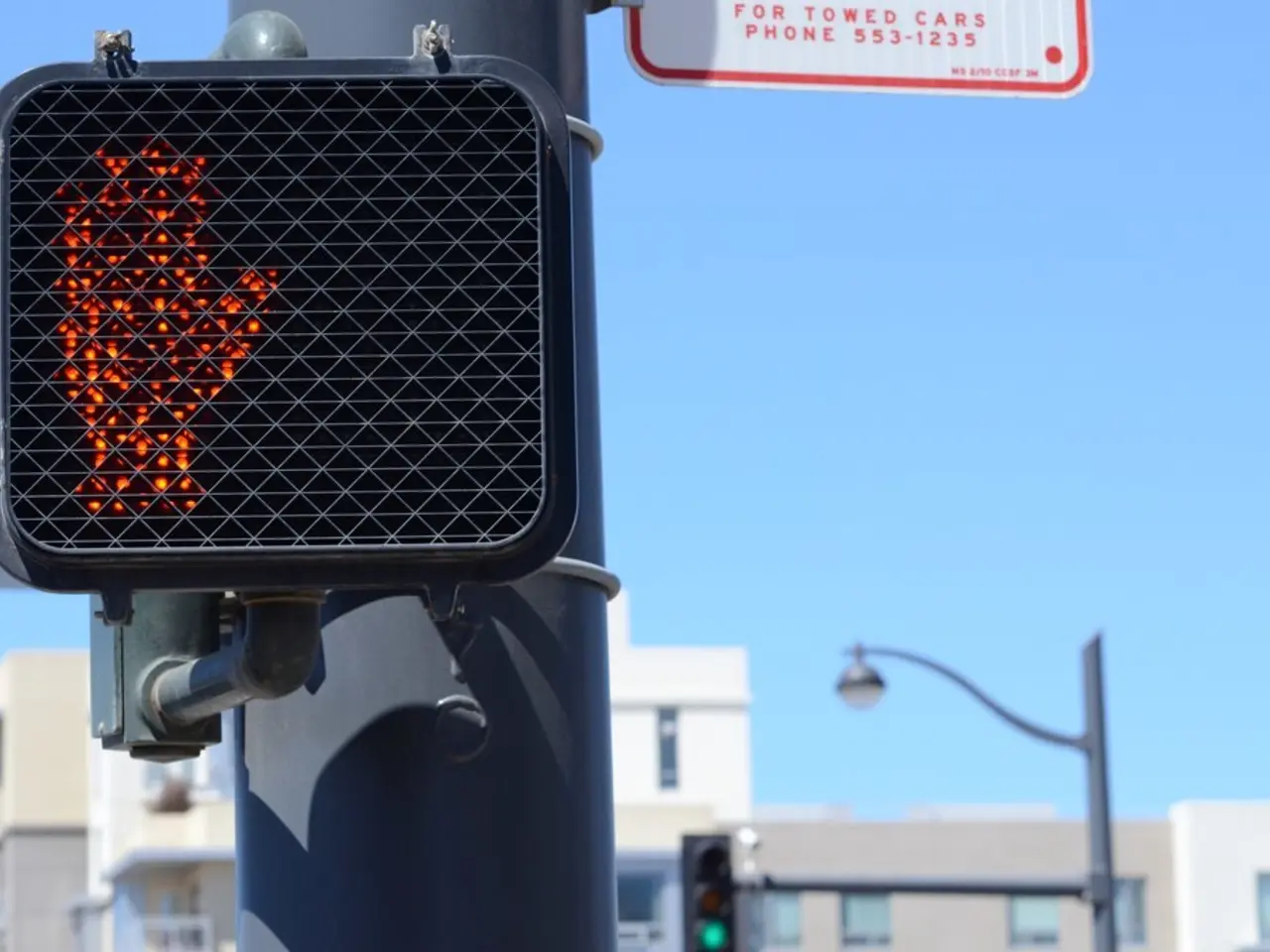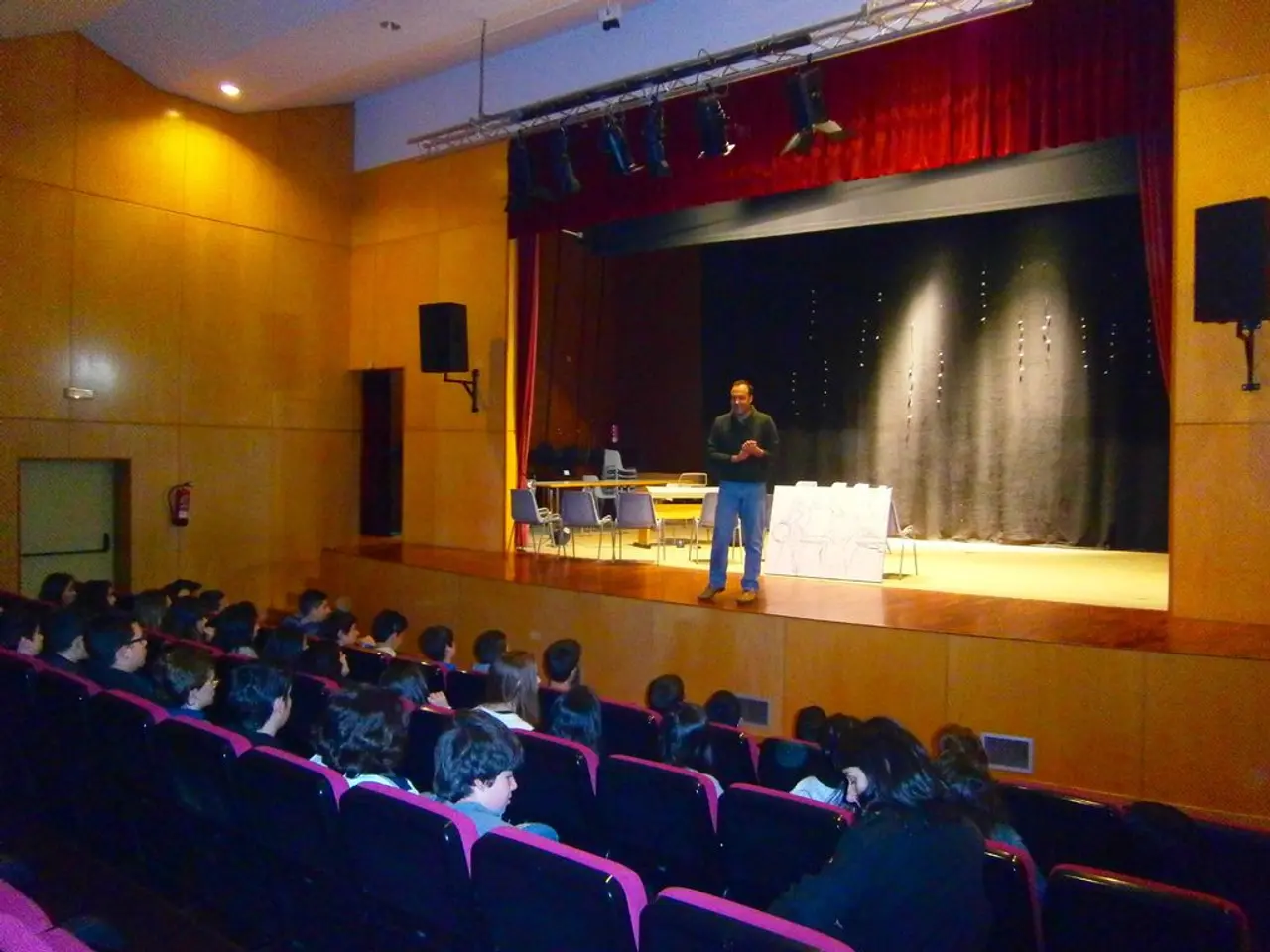Fires hindering the appearance of paved roads by GNR at 8:00 PM
Portugal Imposes Strict Wildfire Restrictions Across Nation
As of Sunday, Portugal's continental territory is in an alert situation due to the high risk of fire, as announced by the Minister of the Interior. This alert, initially declared on 2 August, was extended through 13 August due to dangerous weather conditions.
On 6 August 2025, Portugal was under a national wildfire alert due to extreme heat and worsening weather conditions. As a result, access to, movement within, and permanence in forest areas were prohibited in accordance with fire defense plans. Additionally, bans were in place on bonfires, fireworks, use of machinery, and agricultural or recreational activities in rural and forested regions. All permits for such activities remained suspended during the alert period.
The restrictions imply that many roads through forested or high-risk wildfire zones likely had access limitations or closures to prevent fire ignition and ensure public safety. While exact road names or locations were not detailed in the sources, it is known that the A28 motorway in Viana do Castelo district, the EN304 in Vila Real, and the EN207 in Porto remain restricted to traffic.
The government had mobilized significant firefighting resources—72 aircraft, nearly 3,000 firefighters, and hundreds of vehicles—to manage active wildfires. At least one village had been evacuated due to fires, particularly in northern regions like the Douro valley. The southern district of Faro was on a lower alert (yellow), with much of the country at orange or red alert in northern districts.
Three wildfire occurrences require concern, namely in Sirarelhos (Vila Real municipality), Caçarilhe (Celorico de Basto, Braga district), and Barbeitos (Arcos de Valdevez, Viana do Castelo district). The fire in Sirarelhos is the one currently mobilizing the most means, involving 607 operators, 208 vehicles, and three aerial means. This fire has entered the area of the Alvão Natural Park, located in the Mondim de Basto municipality.
Since Sunday, Portugal's continental territory has been in a special state of readiness level three, with a duration expected until Thursday. The protection of people and goods in the context of wildfires remains a priority for the GNR, supported by preventive action and a patrol effort in forest areas. Burning and burning are the main causes of fires in Portugal, according to the GNR.
During the reported period, six people have been assisted, and one firefighter was taken to a hospital unit with minor injuries. A reassessment of the set of recommendations and pre-positioning of means in force will be made on Wednesday.
Carlos Pereira, operations adjutant of the National Emergency and Civil Protection Authority (ANEPC), provided this information in a situation report held at the ANEPC headquarters in Carnaxide (Oeiras). At 20:15, the fire in Sirarelhos is the one currently mobilizing the most means, involving 607 operators, 208 vehicles, and three aerial means. On 5 August, at 20:00, the National Republican Guard reported no restrictions to road circulation on main roads under its responsibility due to wildfires.
In summary, while specific road names or direct closures on 6 August are not explicitly reported, Portugal imposed strict restrictions on access to and movement within forested and rural areas nationwide as part of the wildfire alert, effectively restricting related road usage to reduce fire risk and facilitate firefighting efforts.
- What are the reasons for Portugal's continental territory being in a special state of readiness level three since Sunday? It's due to the high risk of wildfires, as announced by the authorities, primarily caused by burning and burning.
- Given the wildfire alert, many roads in Portugal, particularly those passing through forested or high-risk wildfire zones, likely have access limitations or closures to prevent fire ignition and ensure public safety. For instance, the A28 motorway in Viana do Castelo district, the EN304 in Vila Real, and the EN207 in Porto remain restricted to traffic.
- In the context of wildfire prevention and control, the government has implemented strict measures, including bans on bonfires, fireworks, use of machinery, and agricultural or recreational activities in rural and forested regions. These restrictions result in the suspension of all permits for such activities during the alert period.
- Analyzing the situation, it's clear that climate-change, a subject of science and environmental-science, is significantly impacting the frequency and severity of wildfires in Portugal. These events have far-reaching consequences that extend beyond the environment, requiring the attention and responses from politicians and the general-news, as well as law enforcement agencies dealing with crime-and-justice and accidents.







